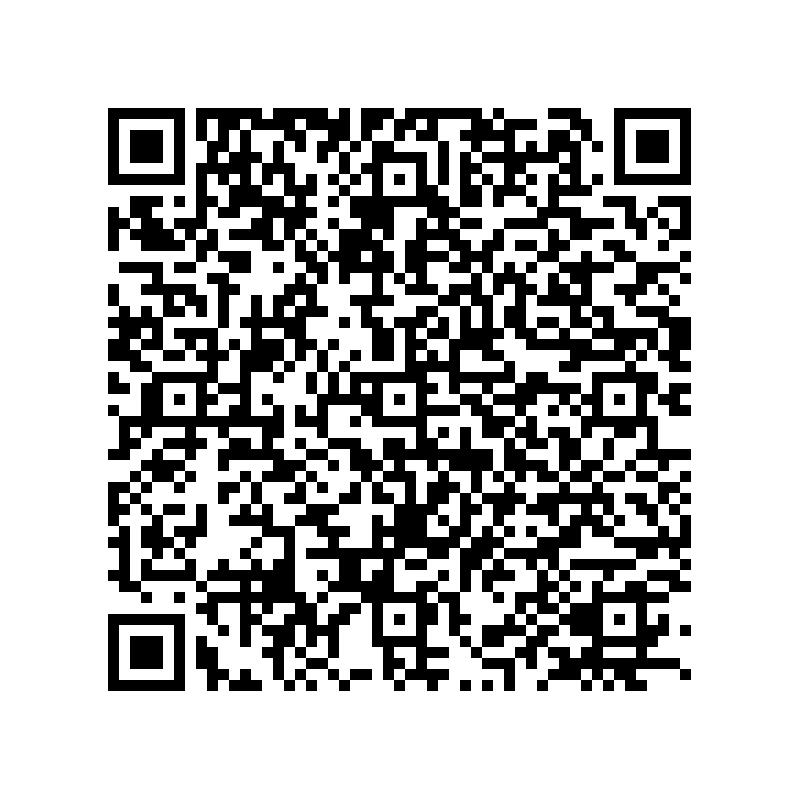Section Branding
Header Content
Battleground: Ballot Box | How To Stop Voting Disinformation
Primary Content
On this episode of Battleground: Ballot Box, we hear from ProPublica's Jessica Huseman about the best ways to guard against election misinformation in the final days of the 2020 campaign.
More specifically, one week out from Election Day, we’re going to discuss election disinformation and how to know what’s true as we head into a time where the Internet and social media will be flooded with things that might not always be accurate.
Huseman is the lead reporter for Electionland, a massive voting-coverage collaboration from ProPublica. She’s spent the last four years covering how voting works across the country, and is one of the definitive sources on how to understand the election.
"I think that right now, unfortunately, a lot of the misinformation is coming from elected officials that folks trust," she said. "And I think that it's going to take people educating themselves about how the system actually works before they can navigate what's misinformation and what's not. Because unfortunately, we are we've arrived at a place where voting is so politicized that people have incentives, even if those incentives are poor, to inflate problems or not seek solutions."
First and foremost, she says the best information about how you cast your ballot will come from one source: your local elections office. In Georgia, there are 159 county elections offices that are responsible for running the day-to-day operations. Each one of them does things slightly different, whether it’s the number of polling places or early voting times and locations.
"But then there are states like Texas where the state can't even tell the counties what type of equipment to buy," Huseman said. "So, you know, your county could be very different from the one next door. And so even if you have a really reliable friend that's very active politically and knows how to vote, if they live one county over, they may not be giving you the right information."
One of the biggest areas of misinformation and confusion about the voting process is cybersecurity. The coronavirus pandemic has upended things for many elections officials, changing the way many people vote, but Huseman said there've still been many improvements since the last presidential election to keep the vote safe and secure.
Compared to the 2016 presidential race, Huseman said that states are more aware of cybersecurity than they've ever been, with better information sharing from the federal government, better voting equipment and a more streamlined voting process.
Speaking of streamlined, many states have made coronavirus-friendly changes that will be here to stay. In Kentucky, for example, in-person early voting didn't exist before this election, or no-excuse absentee voting. But now, those changes are likely to stay for the future.
"That bell cannot be unrung," Huseman said. "Once people get that convenience, they're going to demand it going forward. And so I think that this sort of odd silver lining of this pandemic is that it will sustain more accessible voting options for people for much longer than just this election season."
But with new voting procedures, a hostile political climate and the proliferation of social media, there’s plenty of room for unintentional misinformation — or worse, intentional disinformation — to creep into our collective understanding.
It’s normal for some part of the elections process to not go smoothly somewhere — like poll workers messing up or an absentee ballot getting rejected for a missing signature or something like that. But just like other experts we’ve talked to, Huseman said your No. 1 tool in making sure your vote is counted is a relationship with your local elections officials.
"They are the ones that are gonna be able to tell you what the deadlines are, when you should mail your ballot back in, what their recommended date for doing that is," she said.
Another topic that has caused some concern is the concept that Election Day results may show one presidential candidate winning but the final tally has something different, or the possibility of that race hanging in limbo for weeks and weeks as ballots are counted and lawsuits make their way through the courts.
Huseman is not as pessimistic about how long it could take, though she noted that it will take some time — just like always.
"People need to understand that the call on election night is not really a call; it is a prediction based on available information that is made by media organizations who are doing mass polling, exit polling, lots of surveying, and they are using that with the combined available data on actual return votes to make projections about who wins each state," she said. "I think they're going to be slower to do those projections because they haven't ever called a race in this type of environment."
The night that we actually, officially know the winner of the presidential race has never been Election Day, anyway. Different states have varying certification or canvasing deadlines of when the final tally is set. The first state to certify is Delaware on Nov. 5. The last is California, by Dec. 11.
"So there's a reason why we elect the president in November and they are not sworn in until January," Huseman said. "We all just need to get really patient and really in tune with the idea that we could go to bed on Nov. 3 and maybe wake up on Nov. 4 and not really know who the candidate is if the race is close."
So we’ll all take a deep breath and wait for results to come in. But what should we do in the next few weeks if we see something that shocks us — or seems too good to be true — about problems with voting?
"First, actually read the article that you're sharing, and if it is not an article and it's just some random person's tweet, I would look to see if your trusted source of local news has covered the story before you start sharing unvetted concerns or alarm," Huseman said. "Sometimes the headlines are misleading. Sometimes the tweets even news organizations send out don't really capture the nuance in a story."
The most important thing to do is to remember that elections are run by humans, and humans make mistakes. Mistakes don't necessarily equal intentional suppression or manipulation of our elections.
"The vast majority of times, long lines, machine breakdowns or a poll worker telling you the wrong thing — those are not instances of intentional fraud or intentional manipulation or intentional suppression there," Huseman said. "It's simply incompetence. And they're expected sort of things that happen because the United States election system is controlled by so many parties that mistakes are just going to get made. And so people should assume if they see something that doesn't look right at the polling location, that it is a mistake and not the intentional will of some bad actor."
That said, bad things do happen, and voters do run into problems at the polls. But there are resources to help you solve those problems, or report the issue for others to investigate. For one, 866-OUR-VOTE is a hotline staffed with attorneys that are trained to handle questions and concerns with voting.
Then there's Electionland, where voters can submit tips to ProPublica and local news outlets across the country (including GPB News) and reporters will hear directly from you about issues with the voting process.
RELATED: Help Us Report On Voting Problems In Georgia
If you have any questions or problems you’d like to discuss, you can send me an email at sfowler@gpb.org and I’d be happy to help.
Basically, there’s a lot of well-intentioned ways we can be confused or misled about voting, and this year the stakes are especially high.
But by taking a breath, evaluating sources and learning how things work in your own backyard, we can all take the opportunity to contribute to a better election environment.
Battleground: Ballot Box is a production of Georgia Public Broadcasting. You can subscribe to our show at gpb.org/battleground, or anywhere you get podcasts.
Please leave us a rating and review on Apple Podcasts. Our editor is Wayne Drash. Our intern is Eva Rothenberg, the show is mixed by Jesse Nighswonger and the director of podcasting is Sean Powers.
Secondary Content
Bottom Content



